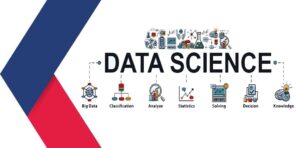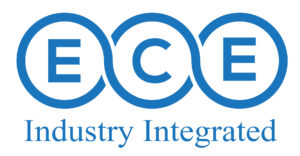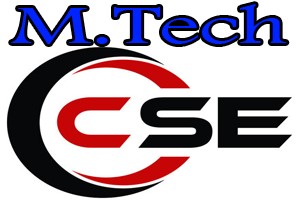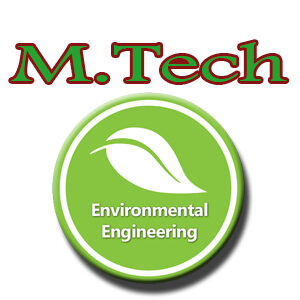Dept. of EEE At a Glance
October 24, 2021 2022-03-09 16:54Dept. of EEE At a Glance
Welcome to the prestigious Department of Electrical & Electronics Engineering at Dhanekula Institute of Engineering and Technology established in 2009. In this brief message, I wish to convey to you a sense of our department mission, its vitality and diversity, and the dedication of the faculty, staff and students in carrying out our educational and research activities.
As the head of EEE department, I am extremely fortunate to work with such a wonderful group of individuals who have common goals and commitments to improve teaching and research activities, to cut through the frontiers of electrical engineering knowledge to benefit the Indian society and mankind at large.
Our department is known for its exceptional faculties and excellent student body Andhra wide. And we are extremely proud to announce that, due to our excellent faculty members in education and research, the upcoming admissions, get the honor to be admitted to our department.
Furthermore our department is the final destination for over eighty percent of our brightest young scientific minds who have competed in various levels of project ideas, paper presentations, power point presentations, and model presentations etc. each year in all over INDIA.
We are very proud of our student body whom have continued on the path of their successor in achieving recognition in national and international competitions. We strive to be at the forefront of research and to educate our students in the fundamentals as well as emerging technologies and their applications.
Vision
Emerge as Quality Human Resource Provider for Industry and Society in the field of Electrical & Electronics Engineering.
Mission
- Providing Quality Education through State-of-art resources.
- To develop innovative, proficient Electrical engineers.
- Promoting Ethical and moral values among the students so as to make them responsible professionals for the society.
Program Educational Objectives (PEO's)
- Have strong foundation in Electrical Engineering along with Mathematics, Sciences and allied Engineering subjects.
- Possess good problem solving, design skills, capability to use modern engineering tools, ability to pursue higher education and research.
- Seek employment in various engineering or technological positions of their interest and continue to achieve their aspirations through lifelong learning.
- Exhibit professional and ethical attitude, effective communication skills, Teamwork and multidisciplinary approach.
Program Specific Outcomes (PSO's)
- Ability to design solutions for identified problems by using latest engineering tools like MATLAB, Simulink, PSPICE, PLC etc.
- Able to design and develop the Green Electrical systems.
Program OutComes (PO's)
Engineering Knowledge: Apply the knowledge of mathematics, science, engineering fundamentals and an engineering specialization to the solution of complex engineering problems.
Problem analysis: Identify, formulate, review research literature, and analyze complex engineering problems reaching substantiated conclusions using first principles of mathematics, natural sciences, and engineering sciences.
Design/development of solutions: Design solutions for complex engineering problems and design system components or processes that meet the specified needs with appropriate consideration for the public health and safety, and the cultural, societal, and environmental considerations
Conduct investigations of complex problems: Use research-based knowledge and research methods including design of experiments, analysis and interpretation of data, and synthesis of the information to provide valid conclusions.
Modern tool usage: Create, select, and apply appropriate techniques, resources, and modern engineering and IT tools including prediction and modeling to complex engineering activities with an understanding of the limitations.
The engineer and society: Apply reasoning informed by the contextual knowledge to assess societal, health, safety, legal and cultural issues and the consequent responsibilities relevant to the professional engineering practice
Environment and sustainability: Understand the impact of the professional engineering solutions in societal and environmental contexts, and demonstrate the knowledge of, and need for sustainable development.
Ethics: Apply ethical principles and commit to professional ethics and responsibilities and norms of the engineering practice.
Individual and team work: Function effectively as an individual, and as a member or leader in diverse teams, and in multidisciplinary settings.
Communication: Communicate effectively on complex engineering activities with the Engineering community and with society at large, such as being able to comprehend and write effective reports and design documentation, make effective presentations, and give and receive clear instructions.
Project management and finance: Demonstrate knowledge and understand of the engineering and management principles and apply these to one’s own work, as a member and leader in a team, to manage projects and in multidisciplinary environments.
Life-long learning: Recognize the need for, and have the preparation and ability to engage in independent and life-long learning in the broadest context of technological change.

















